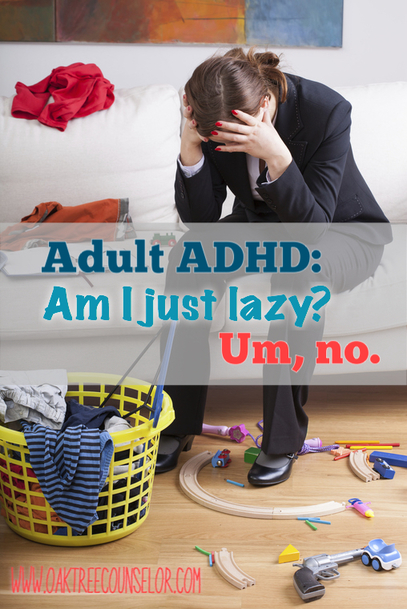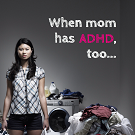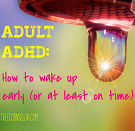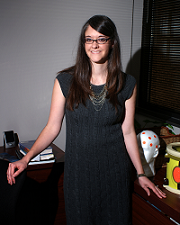  Unfortunately the idea that people with ADHD are lazy is pretty common. But, actually, we are usually remarkably productive... just not always in the areas that we need to be. I wish I could say that last week's post, I'm a Slacker!, was posted intentionally to make a point. Nope. Actually, I was trying to motivate myself with a deadline. (Here is the post's entire content: "If this post went live, it means I either died or I'm a slacker. This. Is. Embarassing." So, what can you do to help yourself? Read on, my friend, you are not lazy, stupid, or crazy. I promise. Why Can't I Get Things Done On Time?Dr. William Dodson, MD, has described the problem in a way that makes more sense to me than anything I've else ever read. Here is a short summary. (Check out this link on the ADHD Brain for article.) First, neurotypical people (those without ADHD) make decisions based on three factors: Importance, Rewards, and Consequences. (e.g. I think it's important. Someone I [love, like, fear or respect] thinks it's important. Or, there are consequences and rewards involved.) People with ADHD, rarely, if ever, make decisions based on these things. Dodson says (and I agree wholeheartedly), that people with ADHD make decisions based on different criteria: Interest, Challenge, Novelty, Urgency (ICNU). If it isn't any of these ICNU things, we don't do it. Period. (At least not without much pushing and nagging from others... which then makes it urgent, because we want you to stop poking us!) Why Rewards and Consequence Don't work
Consequences are trickier. Consequences usually need to be so urgent they cannot be ignored. Procrastination creates a crisis, which creates urgency and then finally, you can write that final paper that you've been trying to do for weeks. Stop Trying to Make Yourself NeurotypicalThe harder I try to make myself get things done like other people, the more frustrated and unmotivated I become. Take exercise for instance. I hate (as in loathe and despise) the gym. So, deciding to exercise at the gym would (and has been) an exercise in futility. But, some form of non-exercise has always been a great way for me to stay fit. I like physical activity that doesn't feel like "exercise". Making it novel makes it motivating and fun. Here is a post I wrote on how to not hate exercise if you have ADHD. How To Start?Dodson suggests making a list of things that already work, he calls it "writing your own Owner's Manual". Several times a day, people with ADHD are focused and very productive. What circumstances make that happen? Dodson says finding out what helps you "get in the zone" is the first step. Dodson encourages you to focus on strategies that work now, not things that worked when you were younger. Since novelty always wears off, your list will change over time. When you are able to get in the zone look for ways that the activity got your attention and motivation. It will nearly always fall under one of the ICNU criteria. Off to FocusI have known intuitively what Dr. Dodson wrote about for many years, but had never seen it put quite so plainly. I think that harnessing our natural ability to be productive is key to succeeding in a non-ADHD world.
|
Nikki Schwartz,
|




 RSS Feed
RSS Feed
